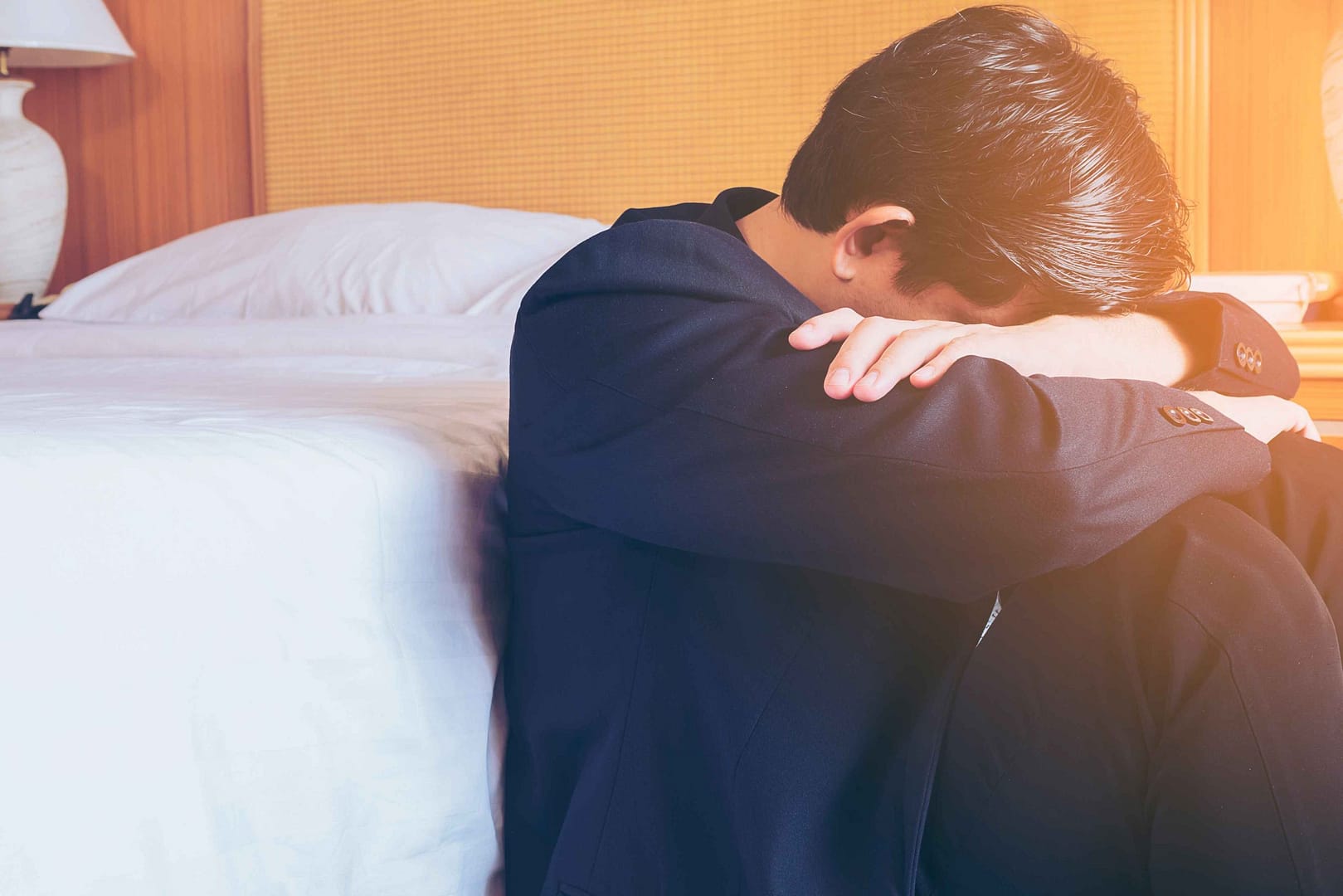Managing anxiety often requires a multifaceted approach, and mindfulness has emerged as a powerful complement to medication. By fostering a deeper awareness of the present moment, mindfulness techniques help reduce stress and improve emotional regulation, enhancing the effectiveness of traditional treatments. This synergy between mindfulness and medication offers a balanced path to relief, empowering individuals to navigate anxiety with greater control and resilience for long-term mental well-being.
Exploring Anxiety Disorder
Anxiety disorders are classified as a group of conditions, which include generalized anxiety disorder, panic disorder, and social anxiety disorder. Symptoms often range from anxiety or worry for more than six months to recurring panic attacks, restlessness, feeling tired, difficulty concentrating, and sleep disturbances.
Among other things, anxiety badly impairs everyday functioning, and it jeopardizes interpersonal relationships and performance at work, for example. According to the Anxiety and Depression Association of America, there are about 40 million adults in the United States who battle anxiety disorders; it is the most common mental health issue within the country.
The Limits of Medication
While medication therapy, particularly with Selective Serotonin Reuptake Inhibitors (SSRIs) and benzodiazepines, is widely used for treating anxiety, it is not without its challenges. Common side effects like drowsiness, weight gain, and sexual dysfunction can sometimes lead patients to discontinue use. However, abruptly stopping these medications can be dangerous, potentially causing withdrawal symptoms or worsening anxiety. It is crucial to taper off medication gradually under a physician’s guidance to ensure safety and minimize adverse effects. Consulting a healthcare provider is essential to developing a tailored approach that considers both the benefits and risks of medication.
The Concept of Mindfulness Technique
Mindfulness is the attention to the present moment, developed with an awareness of thoughts and emotions. While its development comes from Buddhism, it has been recognized widely nowadays in modern psychotherapy as part of its mechanism of treatment for psychological disorders.
Mindfulness trains people to develop awareness of their thoughts and feelings so they can respond more clearly to stressors in a composed way. As mindfulness practices are gaining popularity, many psychotherapists have included them in their treatment plans in order to facilitate an improved management of anxiety among their clients.
How Mindfulness Reduces Anxiety?
Interrupts Thought Patterns
Mindfulness encourages individuals to observe their thoughts without judgment. This practice disrupts the automatic cycle of thinking that often fuels anxiety. By acknowledging these thoughts as temporary and separate from oneself, individuals can reduce their emotional impact.
Enhances Emotional Regulation
Mindfulness helps build stronger connections in the brain’s prefrontal cortex, which is the part that controls emotions. With regular mindfulness practice, people can handle stress better and stay calm in challenging or emotional situations.
Improves Focus on the Present
Anxiety often stems from worries about the future or ruminations on the past. Mindfulness anchors the mind in the present moment, reducing the mental space for these concerns to take root.
Mindfulness Techniques to Manage Anxiety
Mindful Breathing
Mindful breathing is one of the easiest mindfulness techniques to practice, and it’s also very powerful. By focusing on your breath, you can feel more calm and present. It helps you stay grounded and bring your attention to the here and now, which creates a sense of peace and calm in your mind.
Find a quiet place, sit comfortably, and take slow, deep breaths. If your mind starts to wander, try to bring your attention back to your breathing.
Body Scan Meditation
Body scan meditation involves slowly focusing on each part of the body to notice any tension or discomfort. You start at your toes and move upwards, paying attention to how each area feels without judging. This practice helps you relax, increases awareness of your body, and releases physical tension that can cause anxiety.
Pay attention to Awareness
Mindful observation encourages people to pay attention to their environment, engaging all the senses. Take a few moments to notice the color, sound, and smell in your surroundings. It helps shift focus from worrying thoughts and makes people appreciate the present.
Conclusion
Mindfulness is a very great complement with medication, and the individual then uses it to live normally. People who adopt the use of mindfulness techniques develop awareness and reduce anxiety while improving their quality of life.
When trying to find psychotherapy in the USA, part of the methodologies applied by psychotherapists involves mindfulness-based strategies that guide and empower people to cope with their anxiety while developing their mental well-being.






